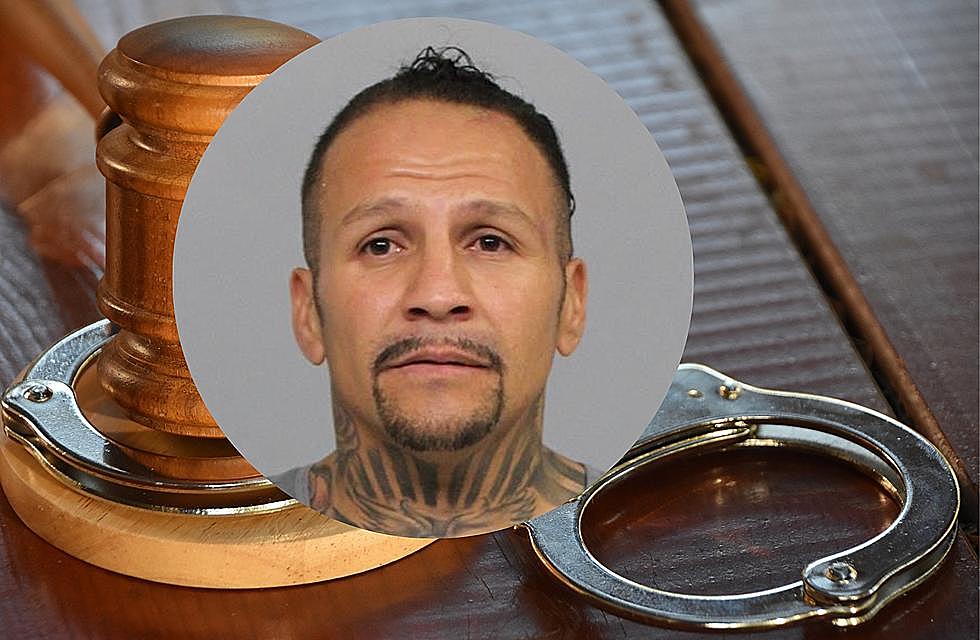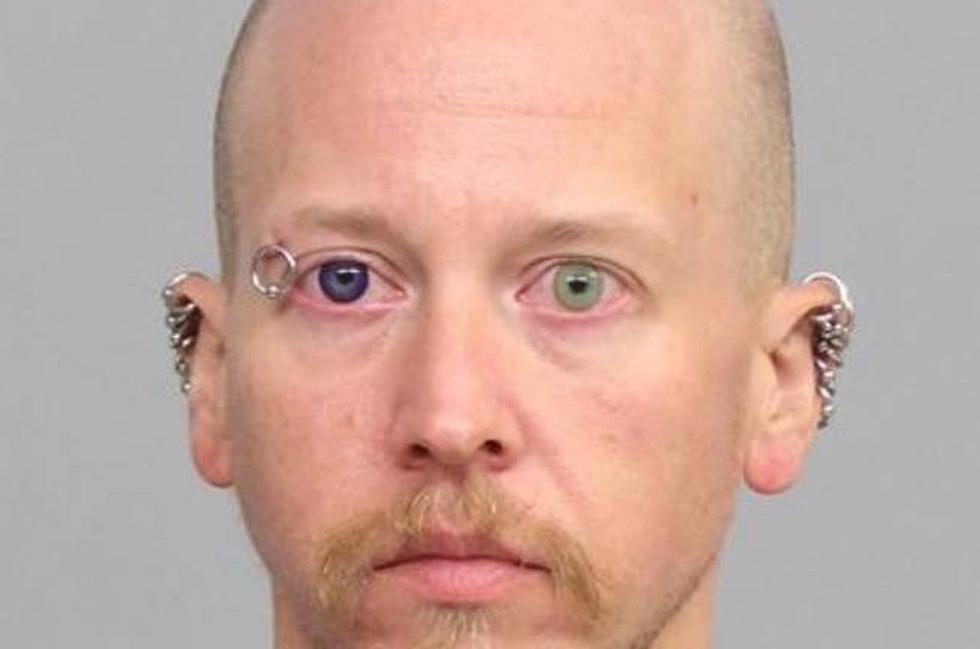
Natrona County District Attorney Declines to File New Charge Against Tony Cercy
The Natrona County District Attorney's Office has declined to retry former Casper businessman Tony Cercy on a charge of third-degree sexual assault, according to a motion filed with the Natrona County Clerk of District Court by Assistant District Attorney Mike Blonigen.
Even though the alleged victim would be willing to testify a third time in a third trial, Blonigen slammed the reasons of the Wyoming Supreme Court's ruling that reversed the conviction because they would make it nearly impossible to get a conviction.
The decision ends a two-and-a-half year legal saga that started with the alleged sexual assault of a then-20-year-old woman at Cercy's house at Alcova Lake in June 2017; an indictment on first-, second- and third-degree sexual assault; a trial in February 2018 that acquitted him on the first two counts but deadlocked on the third; a conviction on the third-degree count in November 2018 in Hot Springs County Court; a subsequent six- to eight-year prison term; and the Wyoming Supreme Court's ruling in December that overturned the conviction and sent it back to Natrona County.
In his motion, Blonigen recounted the history of the case and castigated the Wyoming Supreme Court's decision.
"Third degree sexual assault requires proof of sexual contact," he wrote.
The Supreme Court, he wrote, "ruled that the Defendant had been necessarily acquitted of committing cunnilingus on the victim and that that any sexual contact contained within that act could not, therefore, lead to a conviction for unlawful sexual contact or third-degree sexual assault even thought there was ample evidence of contact in the case outside the actual commission of cunnilingus."
The Supreme Court acknowledged that the prosecution had presented evidence that would justify conviction under the legal definition of sexual contact, but it applied a broad definition of cunnilingus not found in the law, he wrote,
The court, he added, acknowledged the prosecution presented evidence of sexual contact outside its definition, but dismissed that contact as "merely incidental" to cunnilingus.
"The Court never explained why incidental contact was not sexual contact as defined by the statute," Blonigen wrote. "The qualifying term 'incidental' is not found in the statute. The Court never explained why they adopted the approach they did in light of the definitions provided by statute."
Because of these problems, Blonigen wrote that the prosecution will not be allowed to allege any of the contact in the act of oral sex recounted by the alleged victim twice under oath.
The alleged victim agreed to testify for a third time, but the Supreme Court's ruling would restrict what the prosecution could do, he wrote.
"However, the inability to allege contact during the oral sexual assault as part of the sexual assault charge creates a high probability that any retrial would not result in a convictions and will most likely result in a hung jury," Blonigen wrote.
"Therefore, the State must reluctantly elect not to retry the case and the case should be dismissed," he wrote.

More From K2 Radio









